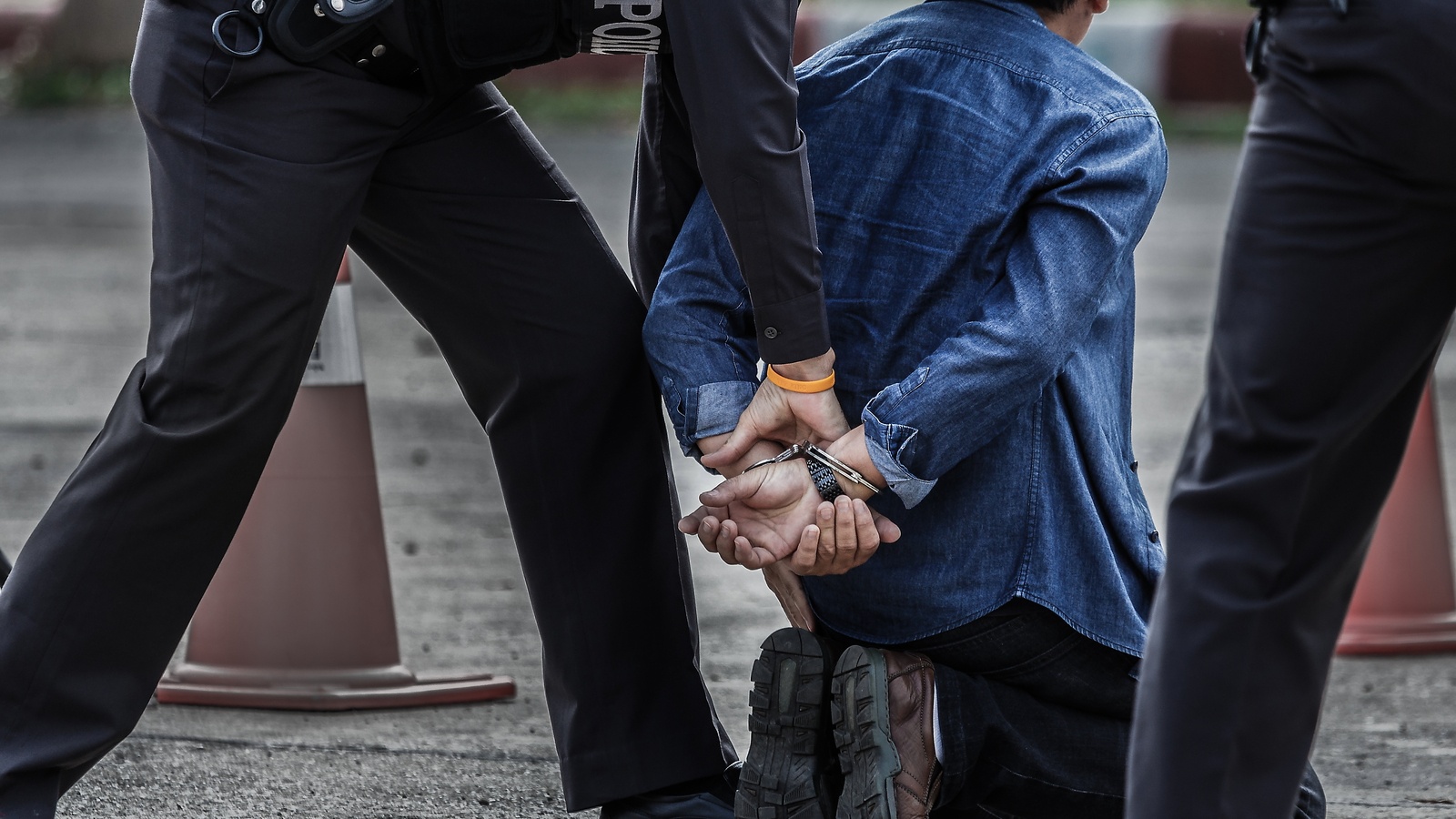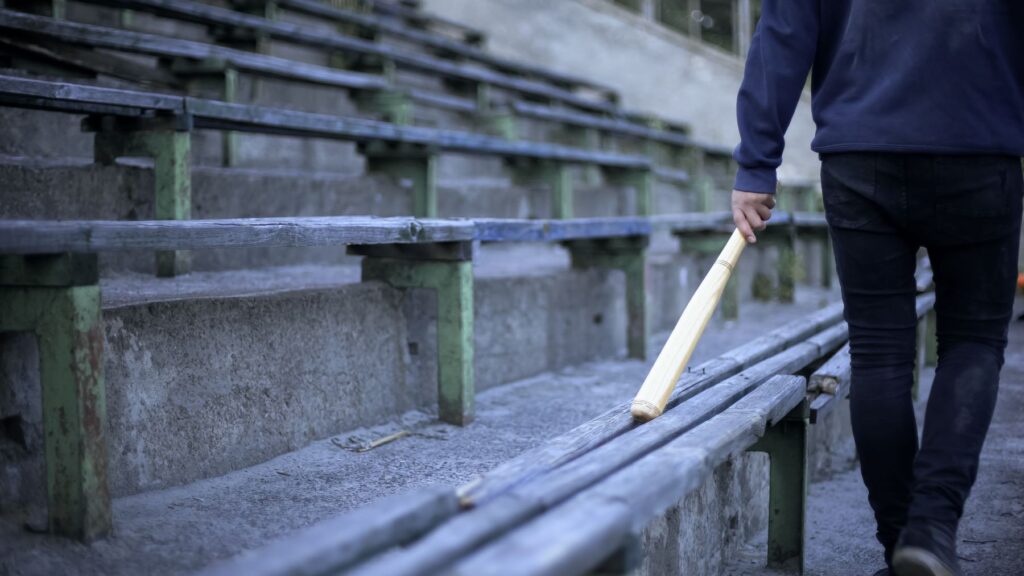Encounters with St. Louis law enforcement, and the Missouri legal system in general, can be frightening and challenging for anyone. But, when it involves juveniles the situation becomes even more dire. Understanding what happens when a juvenile is taken into custody and the rights they possess in Missouri is crucial for ensuring a fair and just process. Combs Waterkotte is here to help.
If you have been taken into custody and/or questioned by any law enforcement agency, call our juvenile defense lawyers immediately at (314) 900-HELP or contact us online for a free case review. We’ll explore the key aspects of juvenile custody and the rights young individuals have under Missouri law below.
What Happens When a Juvenile is Taken into Custody?
When a juvenile is suspected of committing an offense, law enforcement may take them into custody. This initial contact can happen at various locations, including schools, public places, or the juvenile’s home. Just like with an adult suspect, law enforcement must have probable cause to take the juvenile into custody, meaning there is a reasonable belief that the juvenile was involved in criminal activity.
Law enforcement is required to notify the parents or legal guardians promptly after taking a juvenile into custody, including the reason for the custody and the precise location. Unless there are substantial reasons for detaining the juvenile, they will be released to their parent, custodian, or another person deemed suitable by the Juvenile Division of the Circuit Court.
Typically, appropriate reasons for juvenile detention could include, but are not limited to:
- Alleged acts resulting in serious bodily injury or property damage/loss which constitutes a felony.
- Acts of misconduct that placed any person or the general public at risk of serious harm.
- Acts of misconduct involving a weapon or sexual offense.
- Circumstances that indicate the juvenile is a significant flight risk and in need of protection.
Call one of our award-winning defense attorneys right away at (314) 900-HELP or reach out to us online to discuss the specifics of your situation. We can provide legal expertise, guidance, and explain your best course of action.
What Rights Does a Juvenile Have?
Similar to adult protection under the constitution, juveniles have Miranda rights, including:
- The right to remain silent.
- The right to an attorney and if the juvenile is unable to afford an attorney, one will be provided.
Other rights are:
- Any statement made to the Juvenile Officer or any Juvenile Division personnel may be used in later juvenile court proceedings.
- If the juvenile indicated in any matter at any time in the interview that they do not wish to be questioned further, the questioning will stop.
- Any statement made to law enforcement or persons other than the Juvenile Officer or any Juvenile Division personnel may be used against the juvenile in the event they are prosecuted as an adult.
- Juveniles in custody have the right to access education/educational materials, and efforts should be made to ensure minimal disruption to their schooling.
Even though the right to a jury is considered by many to be a key constitutional right, the Supreme Court has held that juvenile delinquency proceedings don’t require a jury. Missouri does not allow jury trials in delinquency cases, allowing a judge to decide whether the juvenile violated the law.

What Happens When a Juvenile is Taken into Custody? | Combs Waterkotte
Understanding the juvenile custody process and the rights afforded to young individuals in Missouri is essential for parents, guardians, and juveniles themselves. Navigating this complex system of laws and jurisdictions – whether it’s St. Louis or elsewhere in Missouri – requires legal expertise to protect the rights and future prospects of minors. If you are a juvenile facing custody issues, or a concerned parent, seeking prompt legal representation from Combs Waterkotte is important for ensuring the best outcome.
Call us right now at (314) 900-HELP or contact us online for a free, no-strings-attached consultation.




